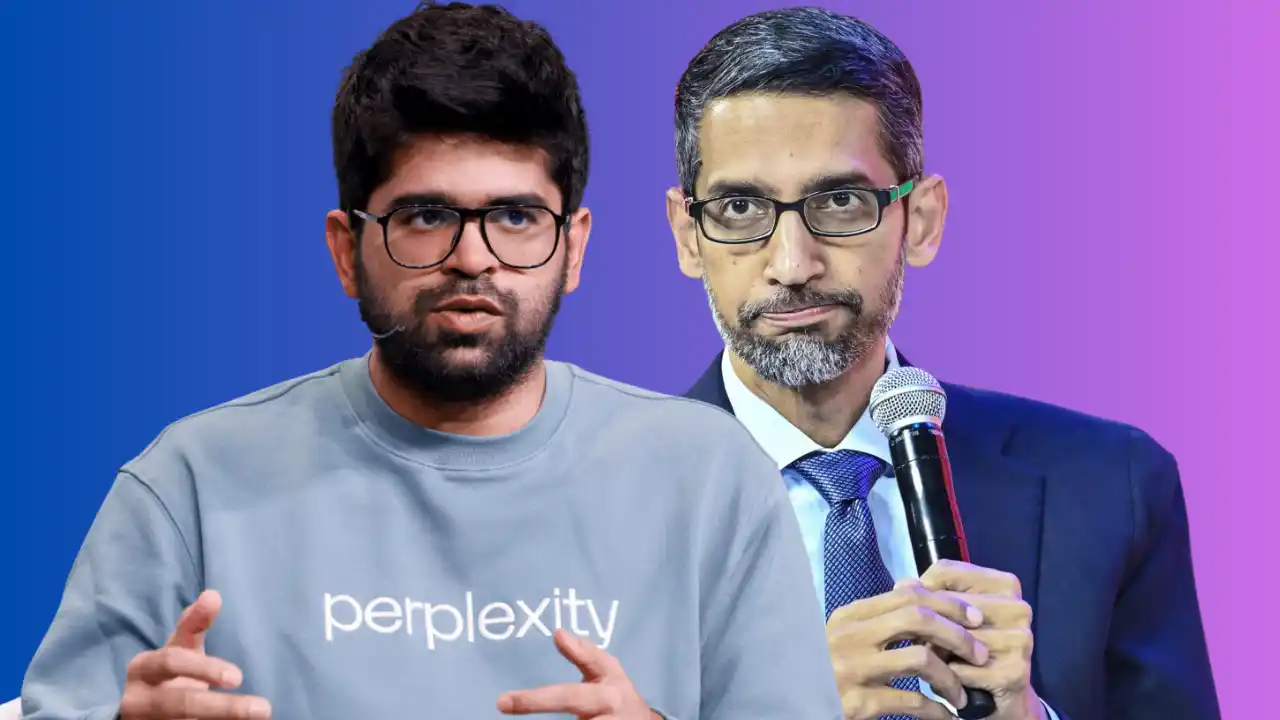Mumbai: The dominance of Google Search and Chrome could be nearing its end, according to Perplexity CEO Aravind Srinivas. Speaking in an interview with The Verge, Srinivas outlined how AI-integrated browsers — led by Perplexity’s own Comet — are poised to upend how billions search, browse, and interact with the web.
The AI-First Browser Revolution
Launched exclusively for Perplexity Max subscribers at $200 per month, Comet is a Chromium-based browser with a deeply embedded AI assistant. This “sidecar” sits in a sidebar, providing contextual summaries, managing schedules, making purchases, drafting emails, and executing complex workflows through natural language commands.
“This isn’t just a chatbot bolted onto a search bar,” Srinivas said. “It’s a complete rethink of the browser as an AI agent.”
Why Google Should Be Worried
Srinivas believes that once users experience this level of AI integration, traditional URL-by-URL browsing will feel outdated. In Comet, a single search box can handle informational, navigational, and task-based queries seamlessly — something Srinivas claims Google Chrome and Search are ill-equipped to replicate without overhauling their ad-driven business model.
“A lot of people say Comet doesn’t feel like another browser,” he explained. “That’s because we’ve built the search engine and the browser together. You can’t make Chrome without making Google, and you can’t make Comet without making Perplexity.”

Impact on Google’s Revenue Model
As AI-native browsers take over, Srinivas warns that users will bypass Google’s search page entirely, reducing the click-throughs and ad impressions that fuel Google’s multi-billion-dollar advertising business. If high-value tasks — like market research or recruitment — move into paid AI workflows, Google’s primary revenue stream could take a significant hit.
Antitrust Pressures and Market Shifts
The prediction comes at a time when Google is under heavy regulatory scrutiny. The US Department of Justice has already labelled the company an illegal monopoly, pushing for Chrome’s separation from Google. Similar antitrust challenges in the EU add to the pressure.
AI challengers like Perplexity and OpenAI are seizing the moment, reimagining the browser as an intelligent hub rather than a passive gateway — a shift that could redefine the internet’s entry points for the next decade.
As Srinivas put it, “Without the sidecar, why am I even using the browser anymore?”










